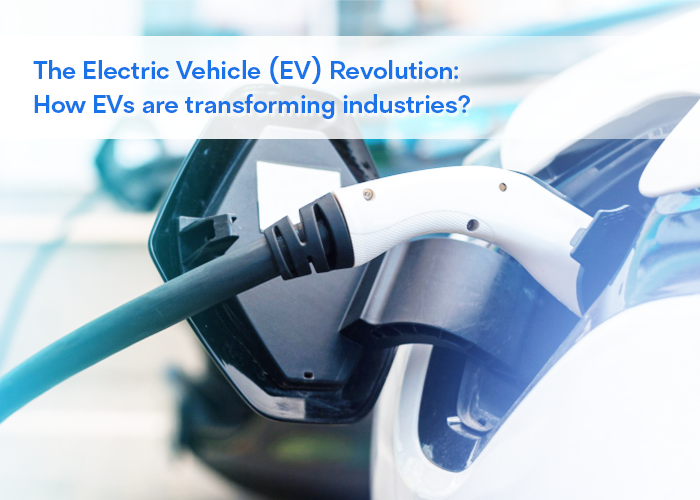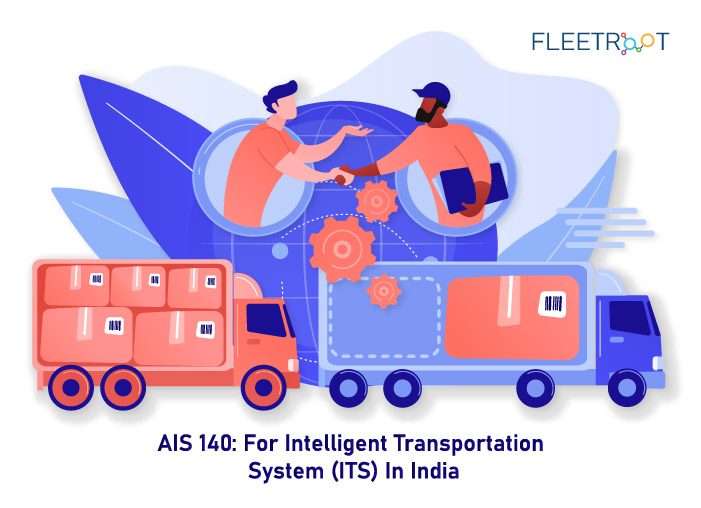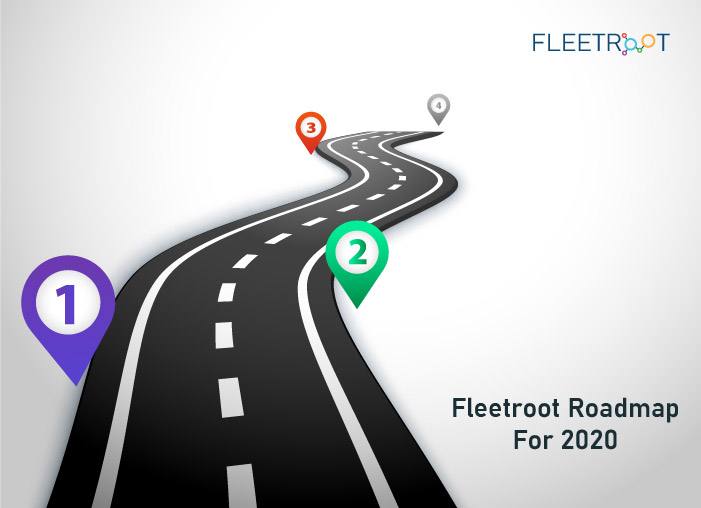In recent years, the world has witnessed a significant shift towards sustainable and eco-friendly practices in various sectors. One of the most notable advancements in this regard is the rapid adoption of Electric Vehicles (EVs). These emission-free wonders are not only revolutionising the automotive industry but are also transforming other sectors, particularly fleet management. In this blog article, we will explore how this EV revolution is creating a profound impact on industries worldwide.
The journey of EVs started decades ago, but it was only in the last few years that they gained considerable traction. Driven by advancements in battery technology, a growing awareness of environmental concerns, and government incentives, EVs are fast becoming the preferred choice for personal transportation. Beyond the consumer segment, EVs are now making a significant impact on commercial and industrial sectors with this transformative movement.
- Environmental Advantages of EVs
The first and most apparent advantage of adopting EVs in fleet management is their positive impact on the environment. Traditional internal combustion engine vehicles emit greenhouse gases and pollutants, contributing to global warming and air pollution. In contrast, EVs produce zero tailpipe emissions, thus reducing the carbon footprint of businesses and promoting cleaner air for everyone.
- Cost Savings
Electric vehicles offer substantial cost-saving opportunities for businesses. Though the upfront cost of EVs may be higher than their gasoline counterparts, the long-term savings are significant. EVs have lower operational and maintenance costs due to fewer moving parts and no oil changes required. Additionally, businesses can take advantage of tax incentives and reduced fuel expenses to further enhance their savings.
- Enhanced Efficiency and Productivity
A smart fleet management system optimises EV usage to improve efficiency and productivity. Advanced telematics and real-time data analytics help companies track vehicle performance, battery health, and driver behaviour, allowing for proactive maintenance and route planning. The result is improved overall efficiency, reduced downtime, and enhanced productivity for businesses relying on fleet operations.
- Reducing Reliance on Fossil Fuels
The traditional reliance on fossil fuels has been a cause of concern for businesses due to price fluctuations and geopolitical tensions. By transitioning to EVs through cutting-edge solutions, companies can reduce their dependence on oil and ensure a stable and predictable energy source for their operations. This not only mitigates the impact of oil price volatility but also contributes to energy security and resilience.
- Impact on Public Image and Brand Reputation
As environmental consciousness rises among consumers, businesses that adopt sustainable practices gain a competitive edge and bolster their brand reputation. EV adoption showcases a commitment to environmental responsibility and positions companies as leaders in the transition towards a greener future. This positive public image can attract environmentally-conscious customers and open doors to new business opportunities.
- Aiding the Grid: Vehicle-to-Grid (V2G) Technology
The industry is actively exploring Vehicle-to-Grid (V2G) technology, which allows electric vehicles to become mobile energy storage units. When connected to the grid, EVs can supply stored energy back to the network during peak demand, acting as virtual power plants. This not only benefits the electricity grid but also provides an additional revenue stream for fleet operators.
- Overcoming Challenges: Charging Infrastructure
One of the primary challenges in the widespread adoption of EVs is the availability of a robust charging infrastructure. EVs address these concerns by collaborating with governments, utility companies, and businesses to establish a network of charging stations strategically placed to support fleet operations. Through this concerted effort, businesses can transition confidently, knowing that a reliable charging infrastructure for EVs is in place.
Conclusion
The rise of electric vehicles is undoubtedly reshaping industries worldwide. By promoting sustainability, cost efficiency, and innovation, the EV revolution across businesses of all sizes has pivoted the role in driving.
Just as Electric Vehicles (EVs) have revolutionised the automobile industry, Fleetroot is transforming the way businesses operate. With a keen understanding of the logistics market, Fleetroot has taken a visionary approach to usher in a new era of efficiency, unlocking a myriad of benefits along the way. By leveraging cutting-edge technology, Fleetroot empowers businesses. It is a one-of-a-kind, first-to-market SaaS software solution that optimises the last-mile logistics of moving people, goods and services on a unified SaaS platform. Fleetroot serves over 150+ B2B customers across diverse sizes and industries, from transportation and logistics to field services, food production, pharma, energy, construction, and local governments.



